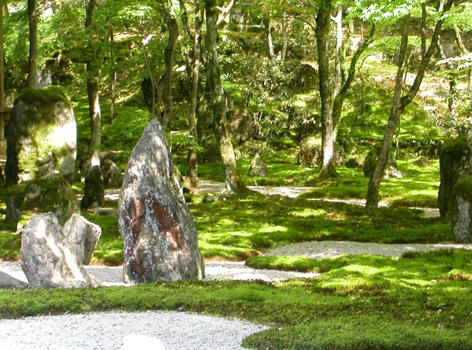-
Chapters from the paperback
- Introduction
- Ecocriticism
- Optimisation
- Grounded Economic Awareness
- Advertising Awareness
- Transition Skills
- Commons Thinking
- Effortless Action
- Permaculture Design
- Community Gardening
- Ecological Intelligence
- Systems Thinking
- Gaia Awareness
- Futures Thinking
- Values Reflection and the Earth Charter
- Social Conscience
- New Media Literacy
- Cultural Literacy
- Carbon Capability
- Greening Business
- Materials Awareness
- Appropriate Technology and Appropriate Design
- Technology Appraisal
- Complexity, Systems Thinking and Practice
- Coping with Complexity
- Emotional Wellbeing
- Finding Meaning Without Consuming
- Being in the World
- Beauty as a Way of Knowing
- Citizen Engagement
- Re-Educating the Person
- Institutional Transformation
- A Learning Society
- Additional chapters
- Interviews
Home » The Handbook of Sustainability Literacy » Chapters from the paperback » A Learning Society
A Learning Society
A Learning Society, Kate Davies, Director, Center for Creative Change, Antioch University Seattle
____________________
The next step in human evolution depends on developing a society that can learn to live sustainably on the Earth
Human evolution has always depended on the ability of communities and groups to learn. In prehistoric times, bands of early hominids survived by learning how to work together to find food. The Agricultural Revolution was only possible because hunter-gatherers shared information about how to cultivate seeds and domesticate animals. In the eighteenth century, the Industrial Revolution was built on a partnership between scientists and capitalists. These and many other advances depended on collaborative learning. Now, in our time, we need to develop an entire learning society so humankind can take the next step in its evolution… To continue our evolutionary journey, Homo sapiens needs to learn how to live sustainably on the Earth.



